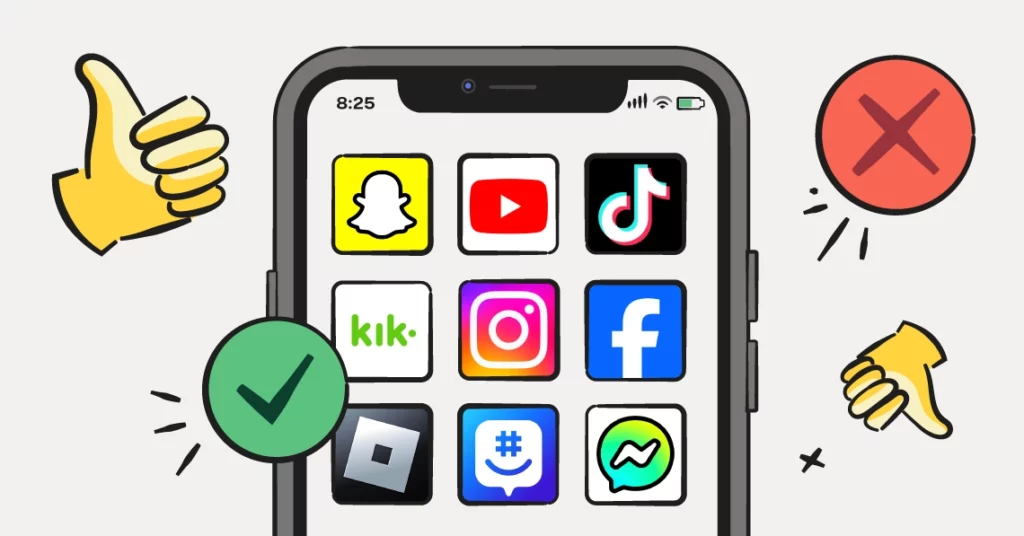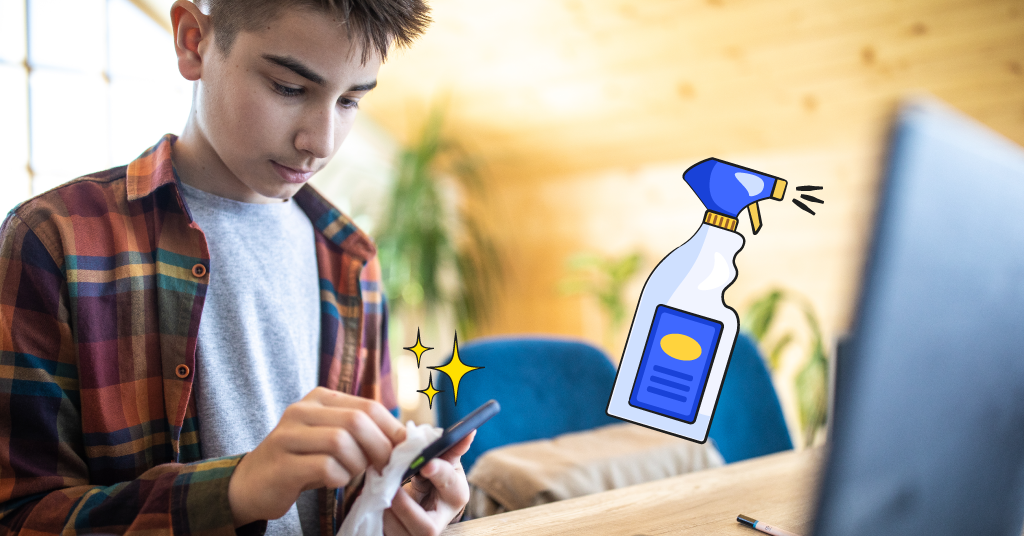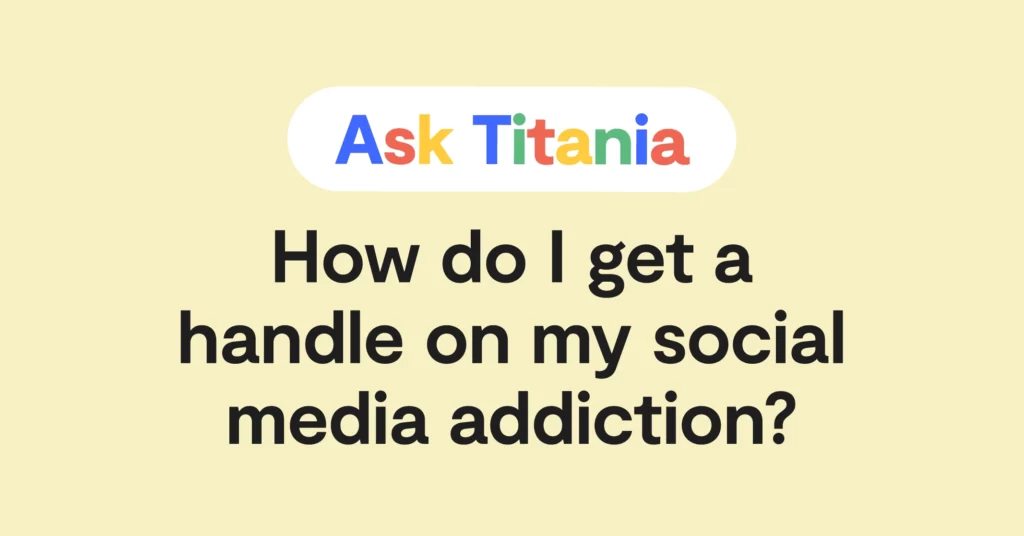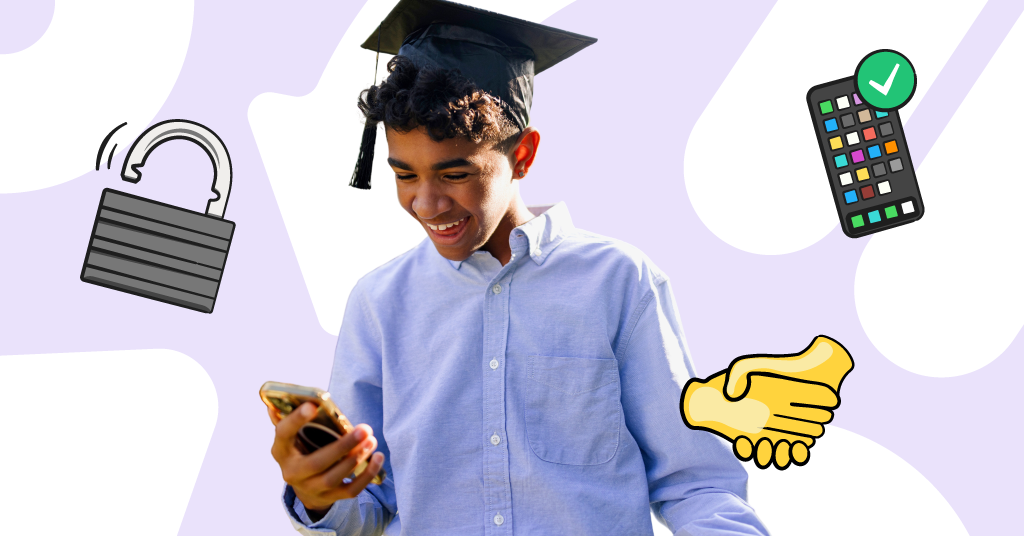
If there’s one question every parent has to answer, it’s this: Are you going to allow your child to use social media? This, of course, begets several other questions, like how do you introduce it to your kid? When’s the best time? What are the pros and cons of social media? Parent opinion varies widely on all of these questions. And if you didn’t grow up with it, it can be hard to know how exactly this decision will impact your child.
To put some of these questions into context, we’ve compiled a list of the most important pros and cons of social media for parents to consider. Of course, there are tons of positives and negatives, many based on your unique situation with your child. But these are some of the more broad, researched areas that can get you started as you make this decision for your family.
The Pros of Social Media
Social connection
This seems to be the biggest draw for parents to get their kids social media at perhaps a younger age than originally intended — the social connection it provides between peers. The average childhood nowadays is more intertwined with screens than ever before. It may seem silly to us as adults, but for kids, sending memes back and forth on Instagram is just one way they show affection in a friendship. And it’s hard for parents to sit back if they feel their child is being left out of these social interactions that all their peers are having.
It’s certainly a fine line between allowing social media for that crucial connection-building and allowing it simply because of peer pressure. But remember, your child’s social needs are just as important to take care of as their physical, mental, emotional, and academic needs.
Access to information
Something true of social media (and the internet at large) is the wealth of information it provides. Whether it’s new cooking recipes on Pinterest or fun science facts on TikTok, kids can learn so many cool things from social media. And who knows? Perhaps something they come across online will spark an interest that leads to a hobby, skill, or even full-on career one day!
Creative expression
One of the most wonderful things about social media is how it allows people to express themselves. If you have a passion or a skill, now you can share it with a real audience. While singing a song in front of a live audience may not be the same as posting a video, it can still give you butterflies to think of people listening to a performance you worked hard on. For kids, it can be extremely formative to use social media as a means of putting their talents out there and building confidence.
The Cons of Social Media
Exposure to harmful content
Remember how we said social media gives access to a wealth of information? That’s actually more of a bittersweet aspect of social media. With all that information, there’s inevitably inappropriate content that is not safe for kids. But you can’t get the good without the bad for almost all popular social media platforms. And even as social media companies have tried implementing community guidelines and explicit content filters, it’s still all too easy for a child to stumble across this while scrolling.
Just one example of this is the prevalence of porn in these social media apps. Many parents don’t know just how accessible porn can be today. You can even find it on less assuming apps like Pinterest. Other apps like TikTok say their algorithm doesn't allow for explicit sexual content, but users have quickly found loopholes that allow them to post content without getting flagged by the filter. It’s called “algo-speak," and people use certain words or emojis to evade the algorithm (i.e., people will type corn or 🌽 instead of porn).
Online predation
With kids freely interacting in the public online space, it creates a wide-open door for bad actors and predators to access and cause harm to your child. Online predation can sometimes be overlooked because of something we call the “not my kid syndrome.” As parents, we do our best to teach our kids to be smart and responsible, so naturally, we believe our child wouldn’t even engage with a stranger online. But the fact is, all kids are capable of making mistakes or having a lapse of judgment — including talking with a stranger online.
Addiction
Experts have found that social media can impact our brains in the exact same way as any other addictive substance. When we swipe through content on our feeds, dopamine is released in our brains. Soon enough, our brains start to crave that dopamine release, which constantly sends us back to our scrolling without hardly a conscience thought. If you’ve ever found yourself struggling to stay off Facebook for too long, imagine how much harder the temptation is for the not-yet-developed brains of our kids.
Increased mental health struggles
As more research comes out about the impact of social media on teens, we’re seeing more evidence that social media can contribute greatly to mental health struggles. Studies have found that adolescents who spend more than 3 hours per day on social media are twice as likely to experience mental health problems like anxiety and depression. And remember, social media can be highly addictive, so 3 hours a day is hardly out of the ordinary for many teens.
Outside of general anxiety and depression, we also see a higher likelihood of things like suicidal ideation, self-harm, and disordered eating among kids who frequently use social media.
Still Not Sure If You Should Allow Social Media? Let Bark Help!
The good news is that, as we said, this is a question all parents are having to face. Which means you’re not alone! And at the end of the day, the most important thing is making an informed decision based on what’s best for your child. So if it differs from other parents, that’s okay! But no matter where you land, Bark can help support you in your parenting tech journey.
With Bark, you can block all or just specific social media apps that you don’t want your child to be on. If you do allow social media, Bark can scan 30+ popular apps and send you alerts if it detects any type of harmful content. This includes things like sexual content, predation, anxiety, depression, and much more. Start your free, 7-day trial today!
Read more
Bark helps families manage and protect their children’s digital lives.





